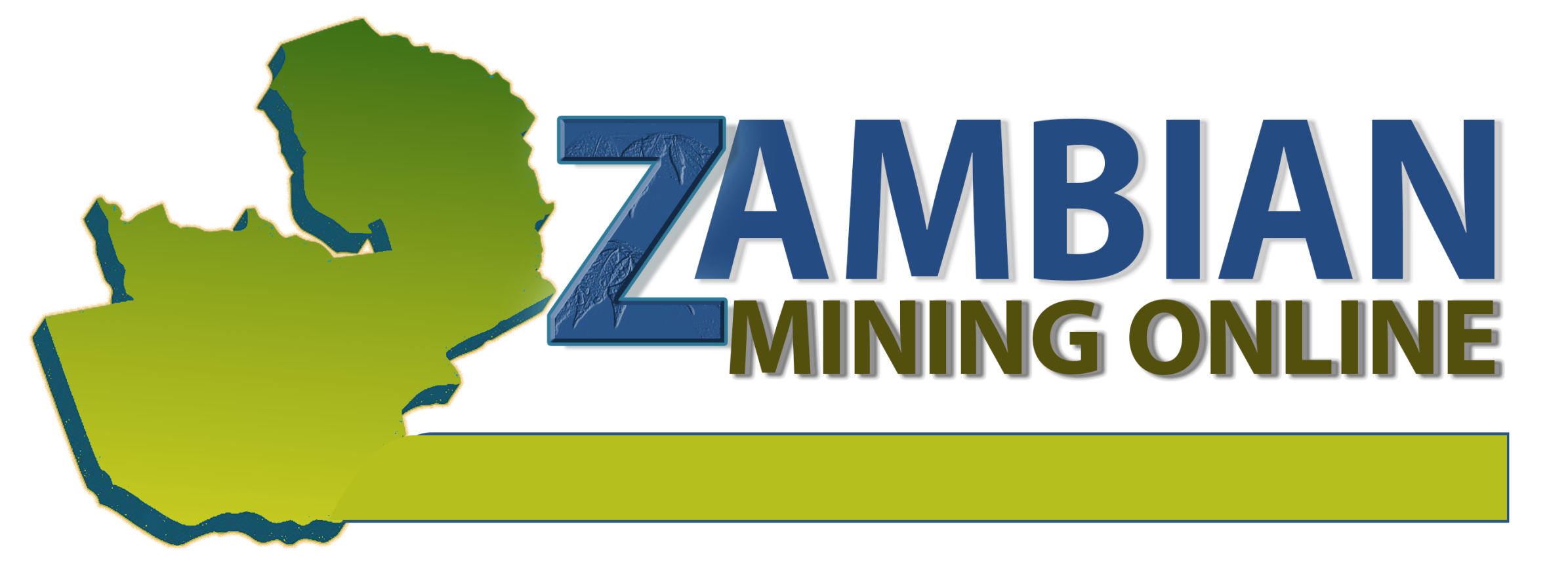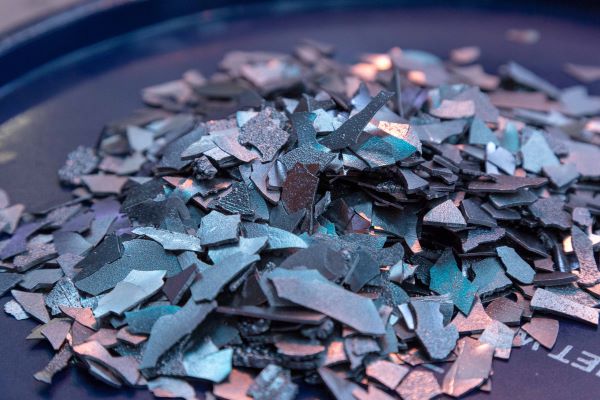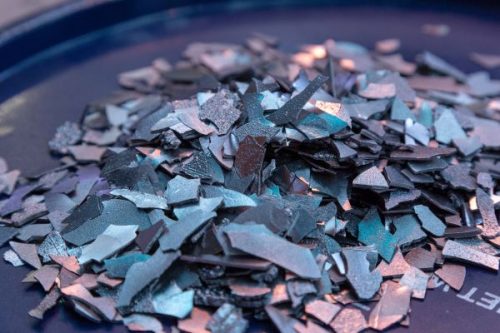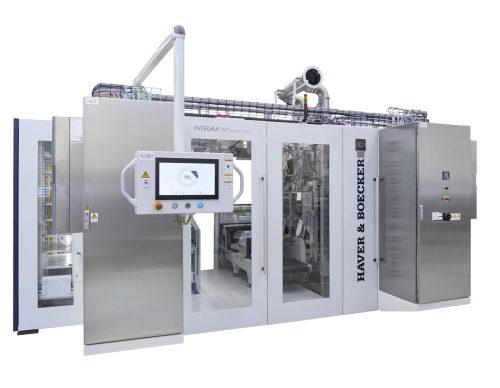The Democratic Republic of Congo (DRC) is exploring ways to stabilize cobalt prices as part of broader efforts to encourage domestic processing and increase the country’s share of value in the global battery minerals supply chain.
According to recent government statements, DRC which produces more than 70% of the world’s cobalt, wants to shift from being just a raw material exporter to a hub for refined battery metals. A key step in this direction is a proposed ban on the export of unprocessed cobalt — a move aimed at spurring investment in local refining and manufacturing facilities.
The Congolese government believes that stabilizing cobalt prices will make the market more attractive to local processors and foreign investors willing to set up value-added operations within the country. Inconsistent and falling prices, especially in the wake of global economic headwinds, have discouraged long-term investment in domestic processing infrastructure.
According to media reports, the Ministry of Mines said the government is working on mechanisms to regulate cobalt exports in a way that supports its ambition to build local supply chains for electric vehicle (EV) batteries. “The country is keen to establish a framework that promotes the local transformation of cobalt and other critical minerals to retain more economic value and create jobs,” the ministry noted.
The export ban plan aligns with the DRC’s long-term vision under its national mining strategy, which seeks to move beyond extraction and take part in downstream activities such as refining and battery manufacturing. It also supports President Félix Tshisekedi’s broader goal of economic diversification and industrialization through the development of a green minerals economy.
Analysts say that while such a policy could potentially disrupt global supply chains in the short term, it could help stabilize the market in the long run if supported by clear regulations, infrastructure investment, and regional cooperation.
The DRC is already working with neighboring Zambia to establish a regional battery manufacturing hub, backed by international partners, including the United Nations Economic Commission for Africa (UNECA) and the African Development Bank (AfDB).
If successfully implemented, the cobalt export restrictions and pricing stabilization measures could position the DRC as not just the world’s largest source of cobalt but also a key player in the clean energy transition through local value addition.





